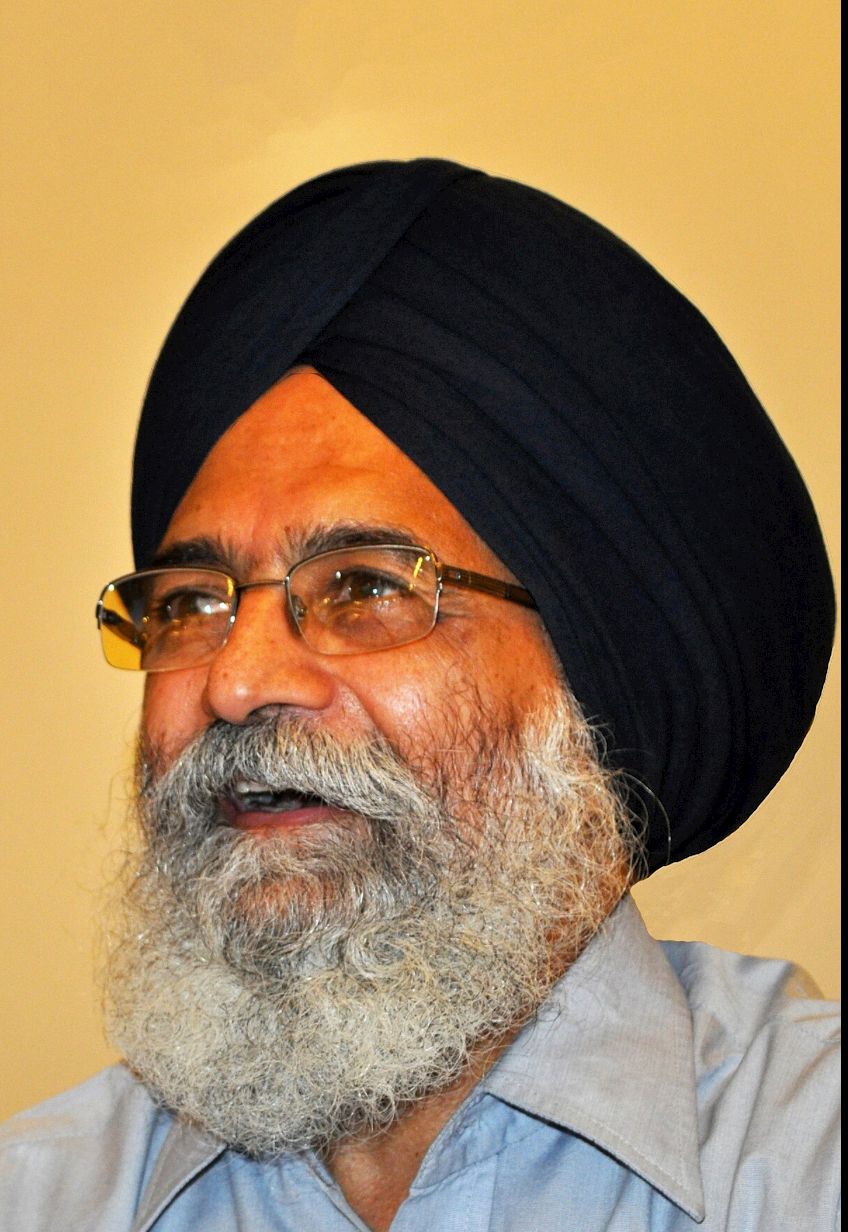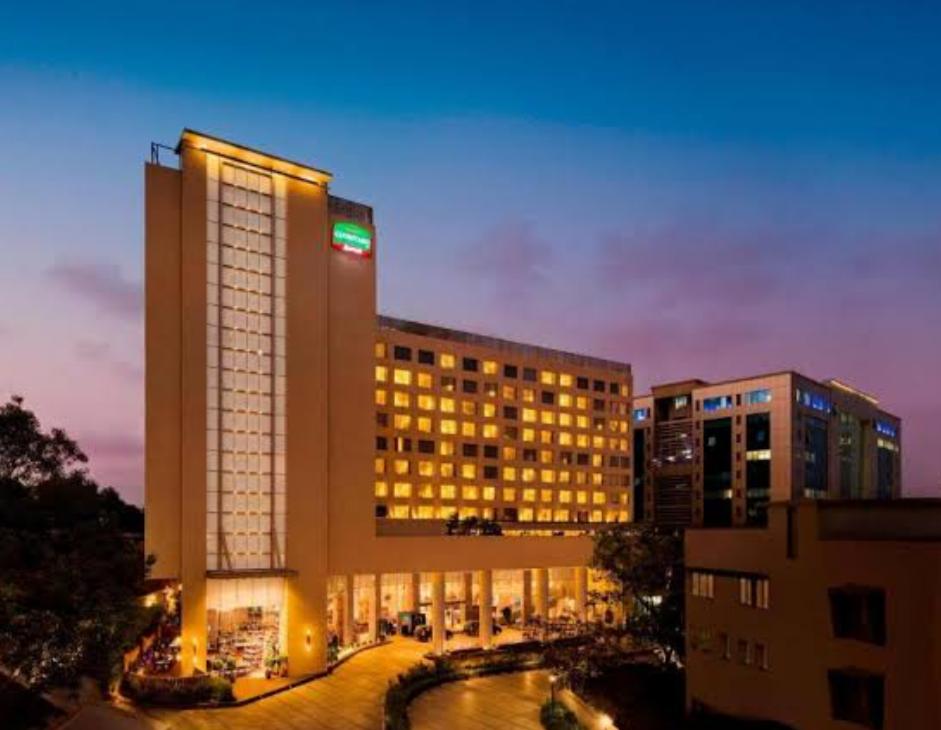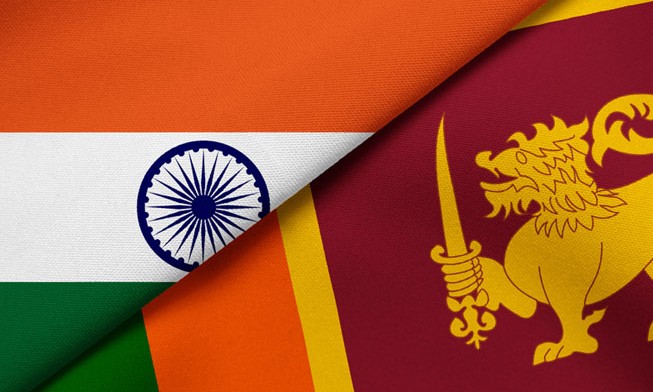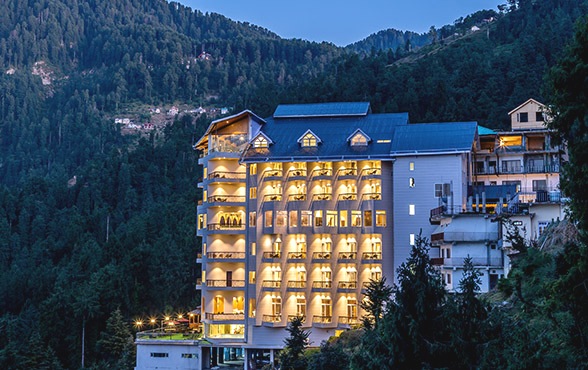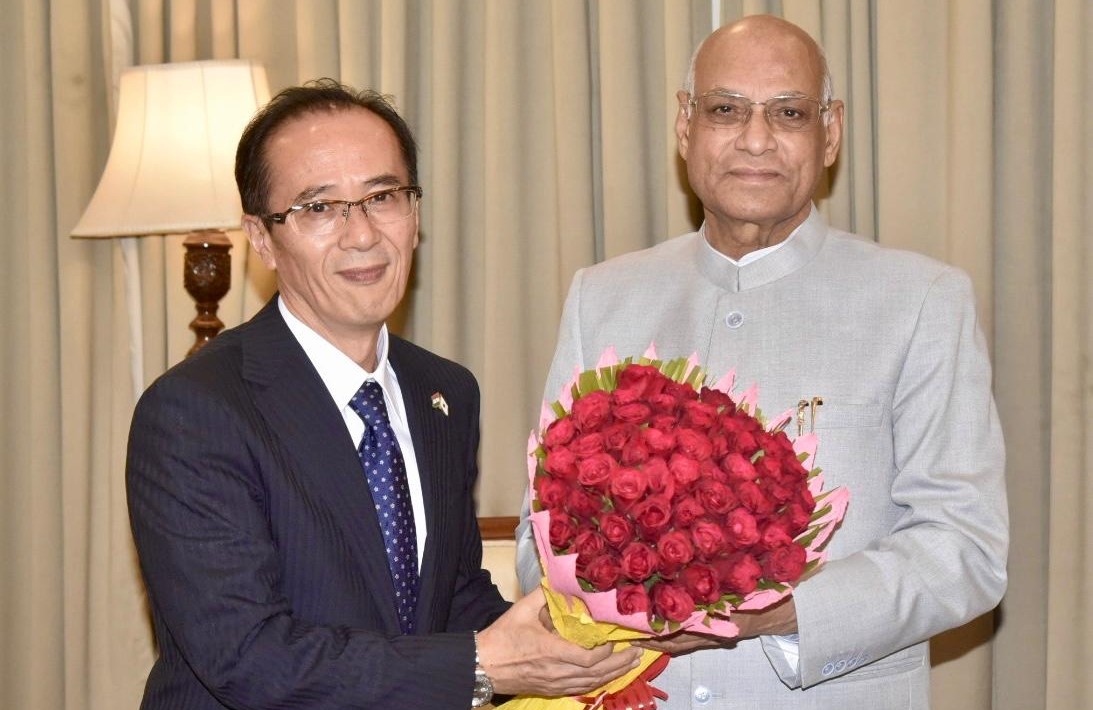Surjit Patar, a name that resonates deeply within the hearts of Punjabi literature enthusiasts, left an indelible mark on the literary world. Born Surjit Hunjan on January 14, 1945, in the village of Pattar Kalan, Jalandhar, he adopted his village’s name as his surname, thereby rooting his identity firmly in the cultural and geographical landscape of Punjab. Patar’s journey from a small village to becoming one of the most celebrated poets in the Punjabi language is a testament to his talent, dedication, and profound connection to his heritage.
Patar’s upbringing in a modest household, with his father, Harbhajan Singh, working in Kenya and visiting infrequently, shaped his early experiences and worldview. He matriculated from a nearby village school and initially pursued science in college before finding his true calling in the arts. His academic journey took him to Randhir College in Kapurthala, then to Punjabi University, Patiala, where he earned a Master’s degree, and finally to Guru Nanak Dev University, Amritsar, where he completed his Ph.D. on “Transformation of Folklore in Guru Nanak Vani.”
Entering the academic profession, Patar eventually retired as a Professor of Punjabi from Punjab Agricultural University, Ludhiana. However, it was in the mid-1960s that he began to carve his niche in the world of poetry. His works, including “Hawa Vich Likhe Harf” (Words Written in the Air), “Birkh Arz Kare” (Thus Spake the Tree), and “Hanere Vich Sulagdi Varnmala” (Words Smouldering in the Dark), garnered widespread acclaim and popularity.
Patar’s poetry is celebrated for its lyrical beauty, depth of emotion, and social relevance. His words resonate with the experiences of ordinary people, capturing their joys, sorrows, struggles, and aspirations. His ability to articulate complex emotions and thoughts in simple yet profound language made his poetry accessible to a broad audience.
In addition to his original works, Patar made significant contributions as a translator, bringing the works of international literary giants like Federico García Lorca, Bertolt Brecht, and Pablo Neruda into the Punjabi literary canon. His translations and adaptations of plays by Girish Karnad, Jean Giraudoux, Euripides, and Racine further showcased his versatility and commitment to enriching Punjabi literature.
Patar’s influence extended beyond the written word. He wrote television scripts on Punjabi poets, ensuring that the rich literary heritage of Punjab reached a wider audience. As the president of the Punjab Arts Council, Chandigarh, and earlier as the President of the Punjabi Sahit Akademi, Ludhiana, he played a pivotal role in promoting Punjabi arts and literature.
In recognition of his immense contributions, Patar was awarded the Padma Shri in 2012, one of India’s highest civilian honors. His works, including “Candles,” “Hanere Vich Sulagdi Varanmala,” “Aiya Nand Kishore,” “Hanera Jarega Kiven,” “Fasla,” and “Koi Daalia Cho Langeya Hawa Bann Ke,” continue to inspire and influence readers and writers alike.
Patar also left his mark on Punjabi cinema, writing dialogues for notable films such as “Shaheed Uddham Singh” and the Punjabi version of Deepa Mehta’s “Heaven on Earth” titled “Videsh.”
Surjit Patar passed away on May 11, 2024, but his legacy endures. His poetry continues to be a source of inspiration, offering solace and insight to those who seek it. Patar’s life and work remind us of the power of words to transcend boundaries, evoke emotions, and bring about change. His journey from a small village in Punjab to the heights of literary fame is a beacon of inspiration for aspiring writers and poets, underscoring the importance of staying true to one’s roots while embracing the universal aspects of human experience.
In celebrating Surjit Patar, we honor not just a poet but a cultural icon whose contributions have left an indelible mark on Punjabi literature and beyond. His legacy is a testament to the enduring power of poetry and the timeless relevance of a true artist’s voice.

Surjitt Sahani

